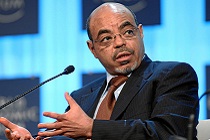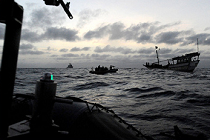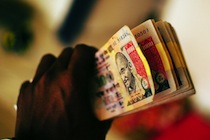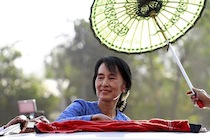Time to overhaul African healthcare
The propensity of Africa’s leaders to seek medical treatment abroad illustrates the little faith they have in their own healthcare systems. Given how countless Africans don’t have the resources to follow their leaders’ steps, there should be increased political will to make affordable healthcare available at home.









